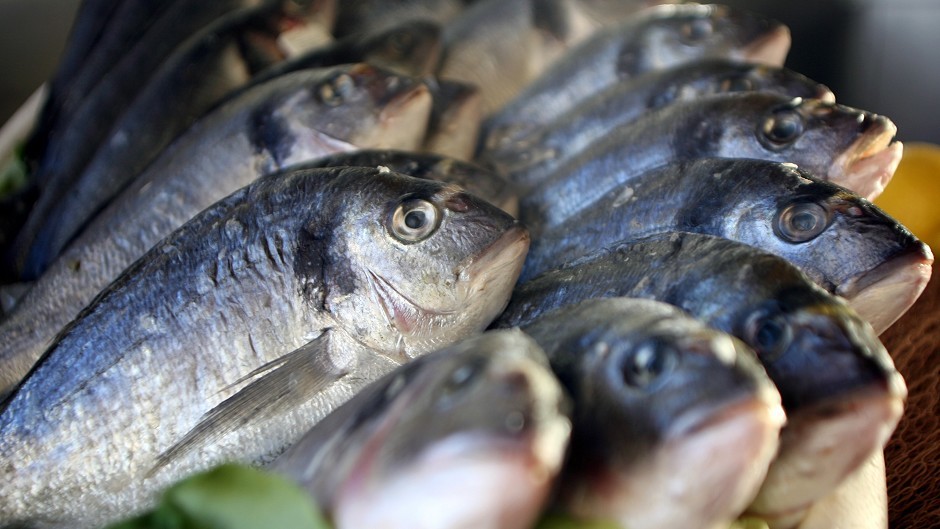Trawlermen could be unwittingly creating a new generation of haddock and cod which will be able to outswim their nets.
Scientists believe the fish of the future will be even harder to catch – and it is all down to the survival of the fittest.
Experts at Glasgow University are exploring a theory that intense fishing pressures are causing “evolutionary changes” to creatures which manage to avoid being captured during trawling.
Their research has been inspired by the evolutionary “arms race’ between predator and prey – where hunted animals who begin to change in ways that help them become more deadly.
Now, the scientists are investigating whether trawling (the predator) is similarly driving evolutionary change in fish (the prey).
And they believe that, over time, it could lead to physiological changes in future fish populations.
Dr Shaun Killen of Glasgow’s Institute of Biodiversity, Animal Health and Comparative Medicine, has been leading the investigation, using simulated trawling with schools of wild minnows.
His team began by measuring the swimming ability, metabolic rate, and aerobic and anaerobic physical fitness of 43 individual fish.
They were then placed in a tank with a trawling net in a simulation that was repeated several times to find out if some were more susceptible to capture than others.
Dr Killen said: “Fish being trawled will try to swim at a steady pace ahead of the mouth of the net for as long as possible, but a proportion will eventually tire and fall back into the net.”
Their results have revealed so far that some minnows were more easily caught than others, and that it was those better swimming fish, and those with higher metabolic rates, which were more likely to escape.
“Over time, the selective removal of poor-swimming fish could alter the fundamental physiological makeup of descendant populations that avoid fisheries capture,” said Dr Killen.
“Hunting and fishing are selective processes which often remove individuals that, under normal circumstances, may have the highest reproductive potential.
“Available evidence suggests selective harvest can lead to genetic change within wild populations for specific traits.”
Next, the researchers want to study fish in the wild to see if they get the same results.
Dr Killen said: “Humans are effective predators, and selective harvest of animals by humans probably represents one of the strongest drivers of evolutionary change for wild animal populations.”
